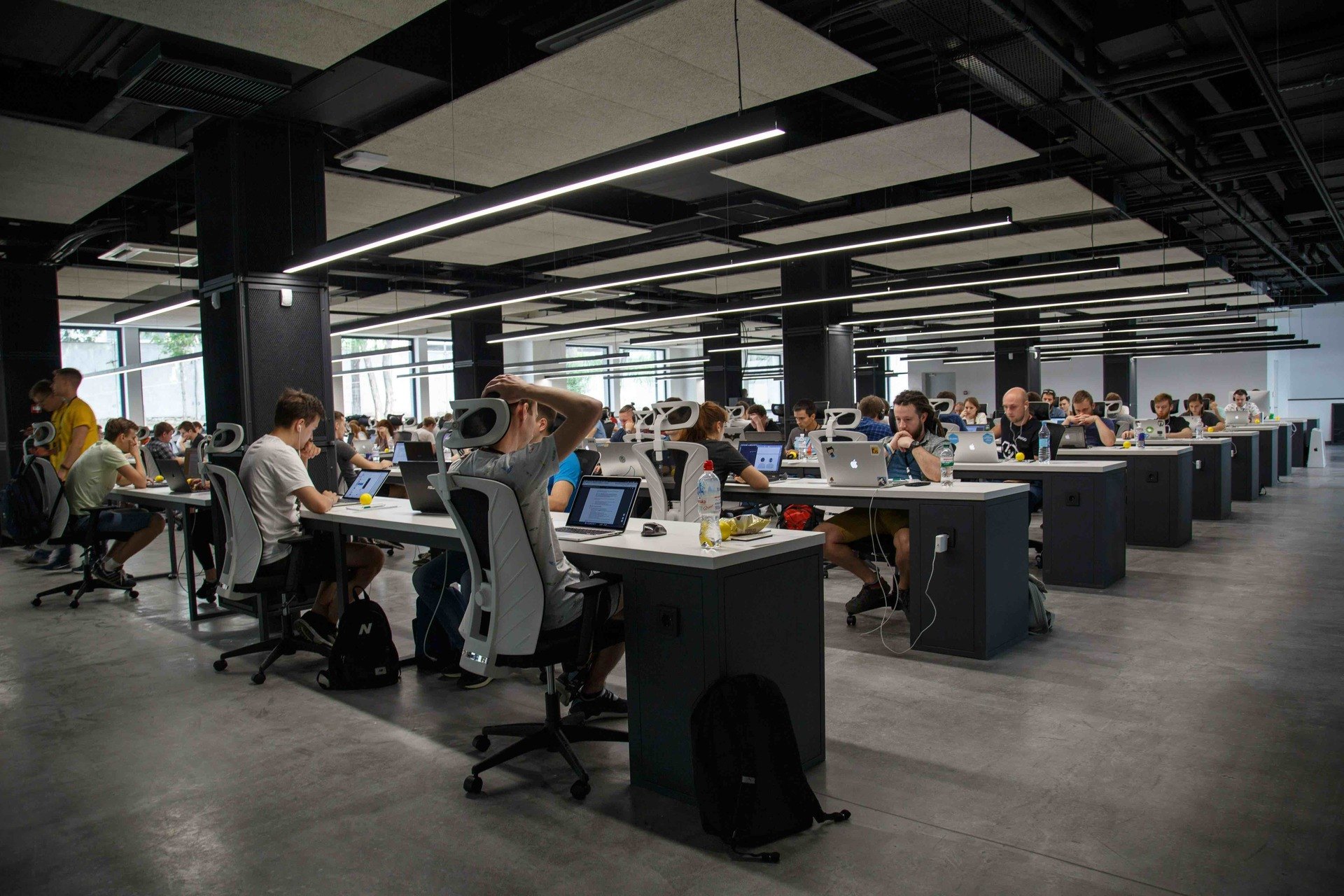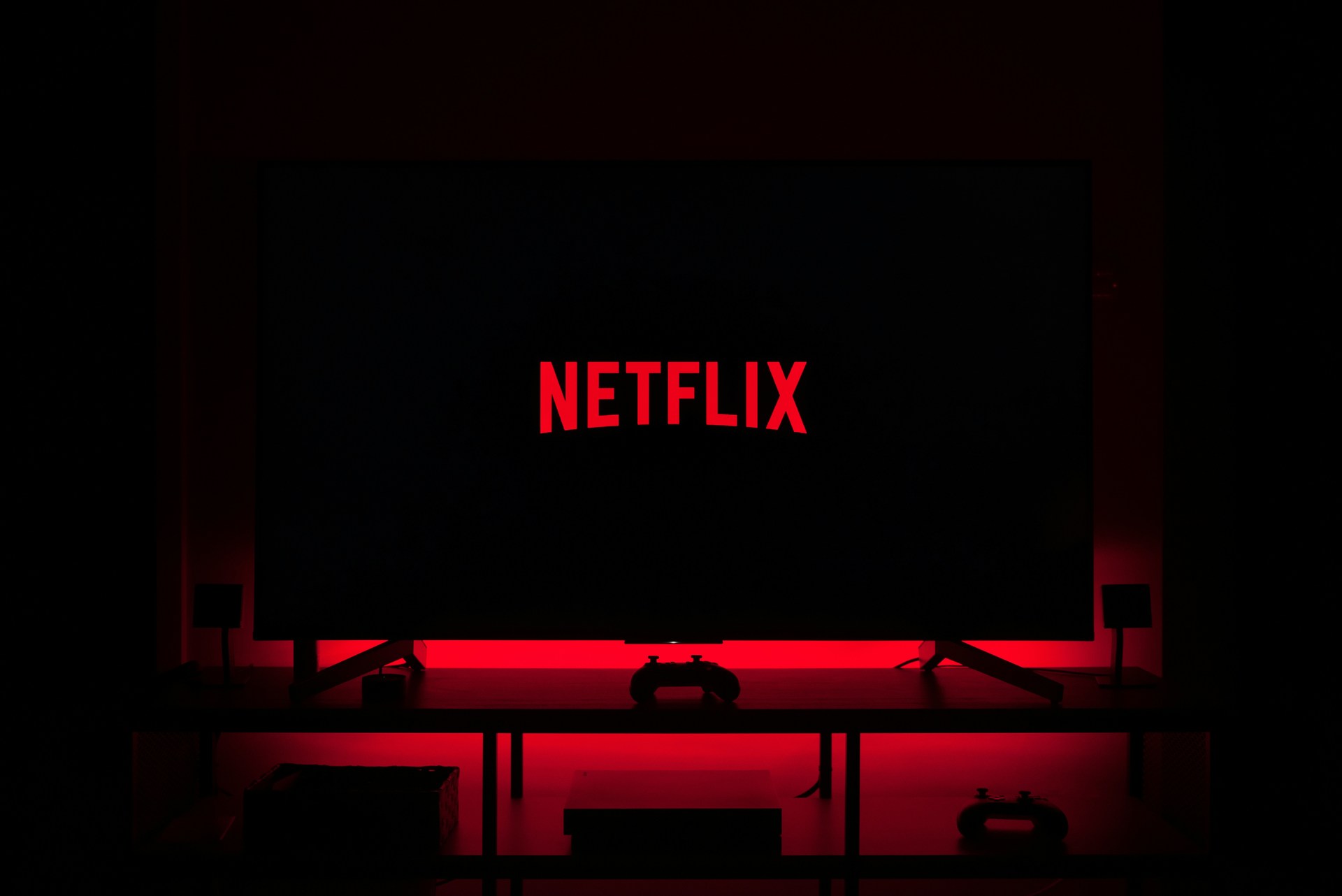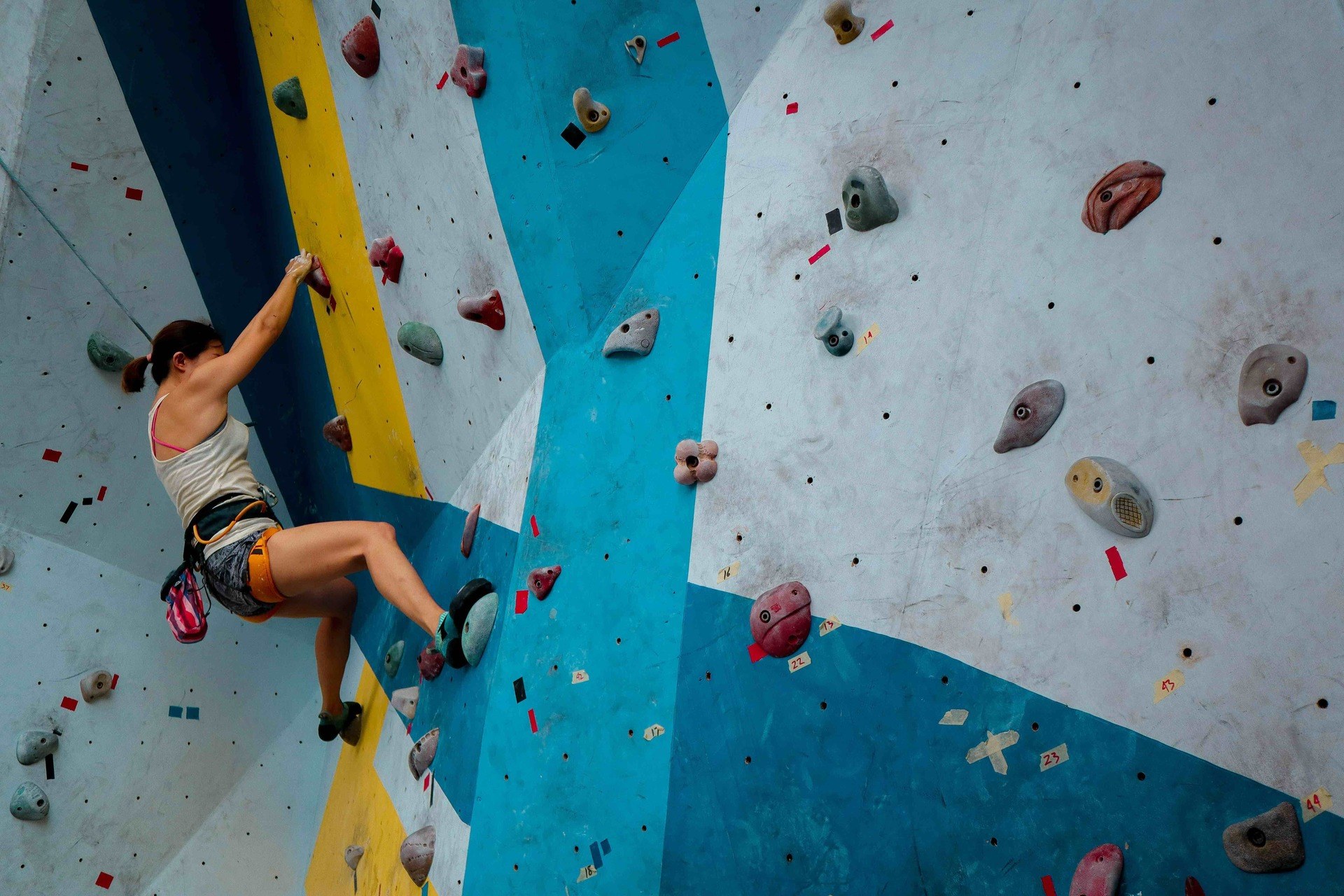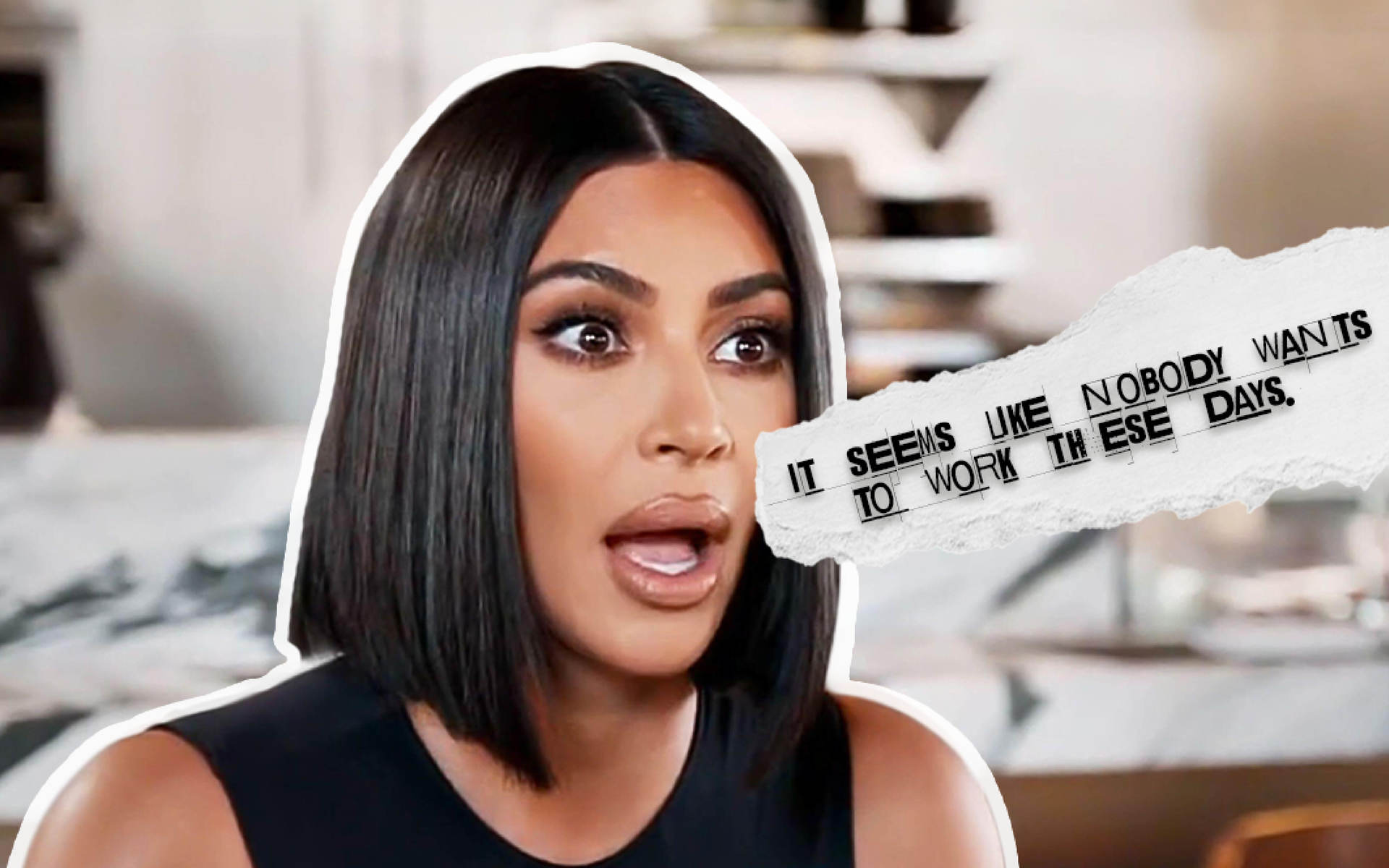Let me set the scene. You clocked off from your job in a highrise building situated in Cape Town CBD, which you suspect was built as a tax write-off all those years ago. You meander through a sea of corporate beige and grey over modular carpet that smells stale and stuffy. You and ten of your other colleagues are about to wedge yourself into the elevator that takes you to what seems like an endless car park when Doug, your manager, steps in, “Hey bud, can we quickly chat? You see, we actually just need a report on all the financials by tomorrow.” You say “sure, Doug, no problem!”, but what you mean to say is fuck you and fuck this place; you give a little nod and walk to your car. Fortunately, it starts, but the petrol gauge looks threateningly low, so you stop by the Engen on Annandale, fill up with enough petrol to get you home and have a microwaveable meal from the Woolies, just to repeat the same routine tomorrow: Ahhh, the privilege of living at the height of late capitalism.
Now look, I’ll be the first to admit that the paragraph above is mostly a gross generalisation and somewhat of a summary of a bunch of stories I’ve heard from friends and peers. Not every boss is some caricature capitalist in a top hat and monocle, and not every manager is a Doug, but I think we’ve all had days when the grind of the 9 to 5 felt like an insurmountable obstacle to climb. Like our boss, our colleagues and the whole world have decided to wage a war on our mental well-being for no apparent reason. Extreme as it may seem, your prolonged sense of melancholy is probably somewhat justified. Simply put, even if you have an understanding, kind and above all, ethical boss – the simple truth is that the modern system is a bit broken. We are mostly getting paid less for more work, all the while living in an increasingly more expensive society.
One of the foremost capitalist economists, John Maynard Keynes, predicted in 1930 that we would work about 15-hour work weeks in modern society. This prediction seems laughable, and I’d go out on a limb and say there are probably more people working 15 hours a day globally than 15 hours a week. In an article by NPR, they tried to figure out how he (who is one of the most influential modern economists) could have been so far off the mark. In the article, Richard Freeman, a Harvard economist, says that Keynes underestimated the human desire to compete. He then brings up an example of athletes on mega contracts deciding to compete year after year even though they had probably already made enough money to support themselves and their families potentially for generations.
Well, frankly, I reject Freeman’s assertion as irrelevant; professional sports careers and working your fingers to the bone for minimum wage in an Amazon mega factory while not really being allowed to take bathroom breaks is not comparable. Here’s the thing, it’s not about humans’ inherent desire to compete but, to my mind, how consumerism and capitalism prods and pokes us, constantly incentivising this social hierarchy based almost exclusively on output and wealth accumulation. We don’t necessarily want to compete. We are forced to.

Alex Kotliarskyi – Unsplash
At the turn of the century, we saw a large amount of critique of the state of society, particularly pertaining to work culture and consumerism, in mass media, with films like Fight Club and American Psycho. Today, we have men who don’t see Patrick Bateman as a parody of the finance bro but rather some gigachad (IYKYK) to look up to. Fight Club isn’t read as a satirical take on the state of modern masculinity but a call to arms for the alt-right and incels all over the web.
So, what is the result of a system that is fundamentally broken? Unfortunately, the alternatives are often just as flawed. Now I get it, we all want to make some more money, but are we all really that desperate for money that there is a market big enough to support the sheer amount of financial “gurus” online and on every second podcast promising you unending wealth through their “members only” financial scams? Then again, the infamous Nigerian Prince scam was far more effective in swindling people out of their money than you could ever imagine. Take one of the funniest examples of the grindset, hustle culture mental gymnastics, which I had the pleasure of experiencing when it popped up on my feed. Ed Mylett breaks his day into three separate six-hour days in his own words; I don’t know who is going to tell big bro that he hasn’t hacked life and that he has, in fact, discovered the concept of morning, afternoon and evening.
In the title, I mention that I think we should focus on the 5pm to 9pm more than the 9am to 5pm, and I wholeheartedly stand by that. There is no get-rich-quick fix or some magic formula, but I also stand by the fact that working yourself to the bone is not the way to go. As always, the key concept here is balance.
The trend of focusing on the 5am to 9am before the traditional 9 to 5 work day took TikTok by storm in 2022 when people started documenting how they spent their time before work, heading to the gym and working on their side hustles and entrepreneurial pursuits. Now, although there isn’t anything inherently wrong with what these influencers were doing, the content had attached to it, an unfortunate by-product. Say hello to the trend of hyper-productivity, where social media isn’t the escape you wanted it to be but rather a cause for anxiety and terror that you are constantly behind, lazy and almost never working hard enough. It’s the homies overdosing on Diary of a CEO, intravenously jacking themselves up or off to David Goggins, telling them they’re a little bitch and following the internet-favourite, jacked neuroscientist Andrew (daddy) Huberman’s protocols on every aspect of their lives. It’s the homie that links you to the article on why the NFTs he bought will rebound and make him millions or the YouTube video explaining how “Perineum Sunning” will change your life. It’s fucking 75 Hard, and people are making you feel shit for the fact that you aren’t doing it while Kim Kardashian famously said, “Get your ass up and work. It seems like nobody wants to work these days.” When there is more than enough evidence to support that millennials are one of the most workaholic generations the world has ever known (shoutout to Gen Z for giving absolutely zero fucks).
I myself got caught in that hyper-productivity trap, and in a recent conversation with my therapist, I spoke about the amount of anxiety I’ve been feeling about my future, my work, accumulating money and material things, as well as providing for my partner and I; even though there has never been that expectation. I felt like a failure and was deeply unhappy because I was convinced I wasn’t doing enough. This is a common theme we see amongst ourselves and peers as a result of social media and the constant push of toxic positivity.
So, what did I do? I started focusing on my 5 to 9, and by this, I mean 5pm to 9pm (not everyone has to be a morning person). The change has been nothing short of dramatic, particularly when it comes to the state of my own mental health. I try as best I can to keep proper working hours and dedicate the evening to quality time with friends and loved ones, engaging in habits and practices that bring me joy. What that looks like differs, sometimes it is just a lazy dinner and binge-watching a show on Netflix (although I am trying my utmost not to succumb to that temptation all the time). Four nights a week, it’s rock climbing. Admittedly, my own personal ick is that I’ve become a “boulder bro”, but it’s something that makes me feel accomplished and happy. Some nights, I simply escape into the world of a novel while my partner works on her endless array of arts and crafts projects, and some nights, it really is work. Either for a looming deadline (ah, to be a writer) or tweaking some personal ongoing projects.

Thibault Penin – Unsplash

Rahadian Syah – Unsplash
All in all, a 9-5 job is the reality for most people. We need to pay the bills, people; but I want this article to illustrate that maybe the 9 to 5 shouldn’t be the centrepiece of our finite existence on this planet. A job should enable you to live how you want, not completely take over your life. Some people are lucky enough to do what they love, and often in this regard, the work-life balance is even more necessary. So I reiterate; focus on your 5 to 9, am or pm – whatever works for you. Get to the gym, go for a swim, grab that beer with mates, go on that date, take that nap, but most importantly, in whatever you do, make sure it’s what you want to do and not what you think you have to do. Don’t feel bullied by that podcaster calling you lazy for not being at the pique of fitness or running 3 side hustles. At the same time, if you’re growing or working on something that requires extra time, that’s cool too.
There is no right way to do it, and what’s “right” is going to differ from person to person, but at the end of the day, spend your 5 – 9 in a way that makes you most happy. It’s about pouring effort and energy into things where the reward is equal and above the effort.
Written by: Casey Delport
For more news, visit the Connect Everything Collective homepage www.ceconline.co.za














